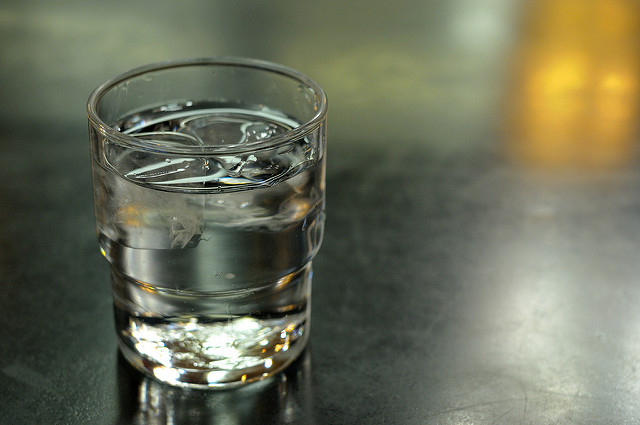Chicago Public School For Disabled Kids Has Lead Levels 70X Higher Than Allowed
By Mae Rice in News on Jun 14, 2016 4:34PM
City officials have found actionable levels of lead in the water at 19 Chicago Public Schools so far, they announced Monday—including Blair Early Childhood Center in Clearing, a schools for physically and cognitively disabled kids ages 3 to 6.
A sample from one sink at Blair found a lead concentration of 1,100 parts per billion, which is more than 70 times the actionable lead concentration—15 parts per billion—set by the federal Environmental Protection Agency (EPA). The Tribune reports that samples from Blair had some of the highest lead levels found in Chicago schools thus far.
This is especially troubling because young children—the demographic Blair serves—are especially vulnerable to lead poisoning, and it can cause (or exacerbate) cognitive and developmental problems.
Overall, since citywide lead testing in CPS schools launched last month, actionable levels of lead have been found in the water supply at roughly a quarter of the schools tested. (The exact number: 19 out of 74.) This marks an uptick in lead issues since late May, when 32 Chicago Public Schools had had their water tested for lead. At that point, only one school had actionable lead levels (though six other schools had detectable lead in their water systems).
Chicago Public Schools reps pointed out to the Sun-Times that only four percent of water fixtures tested have had actionable lead levels, though: 41 out of 1,007. Lead-tainted fixtures have been shut off and parents at those schools have been notified, CPS spokeswoman Emily Bittner told the Sun-Times.
Aldermen in the City Council's reform caucus have called for public hearings on the lead in CPS schools' water.
“Lead shouldn’t be in our vocabulary in this day and age," Caucus leader Ald. Chris Taliaferro (29th) told the Sun-Times. "We know how to get rid of it, we know how to test for it and we know how to keep our kids safe from it.”
The testing so far is part of a citywide program, announced in late April, that will ultimately test every CPS school's water supply. Currently, testers are giving priority to schools built before 1986 that serve children in pre-K through second grade; young children are more vulnerable to lead poisoning than older children.
The program was conceived "out of an abundance of caution," the Mayor's office said in an April statement.
